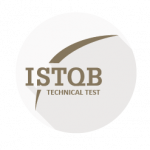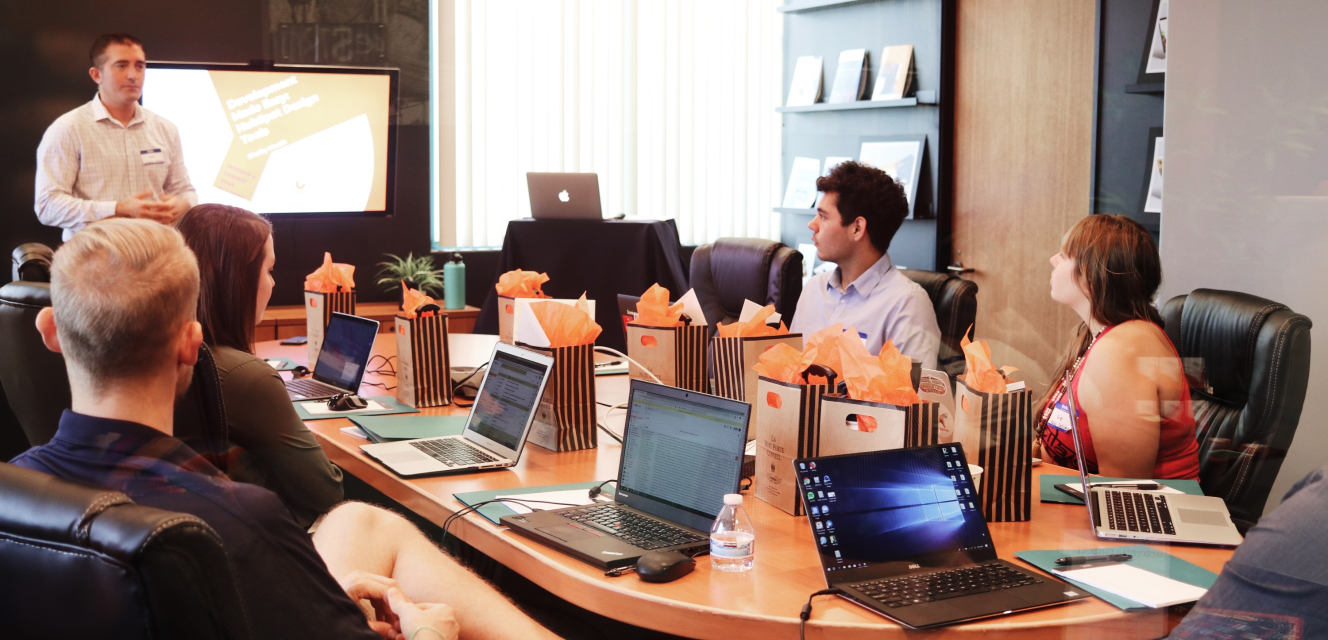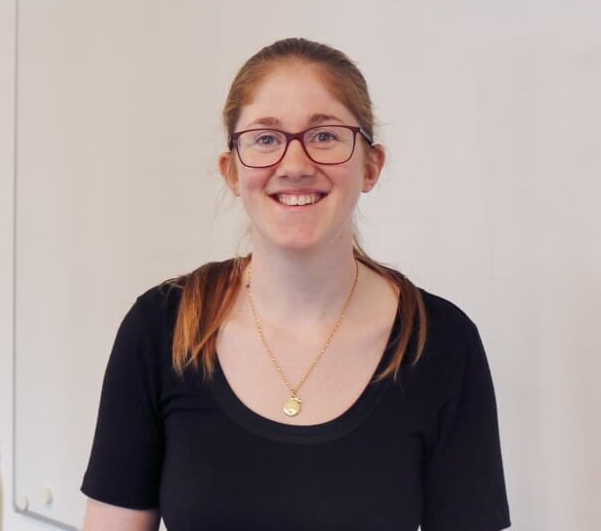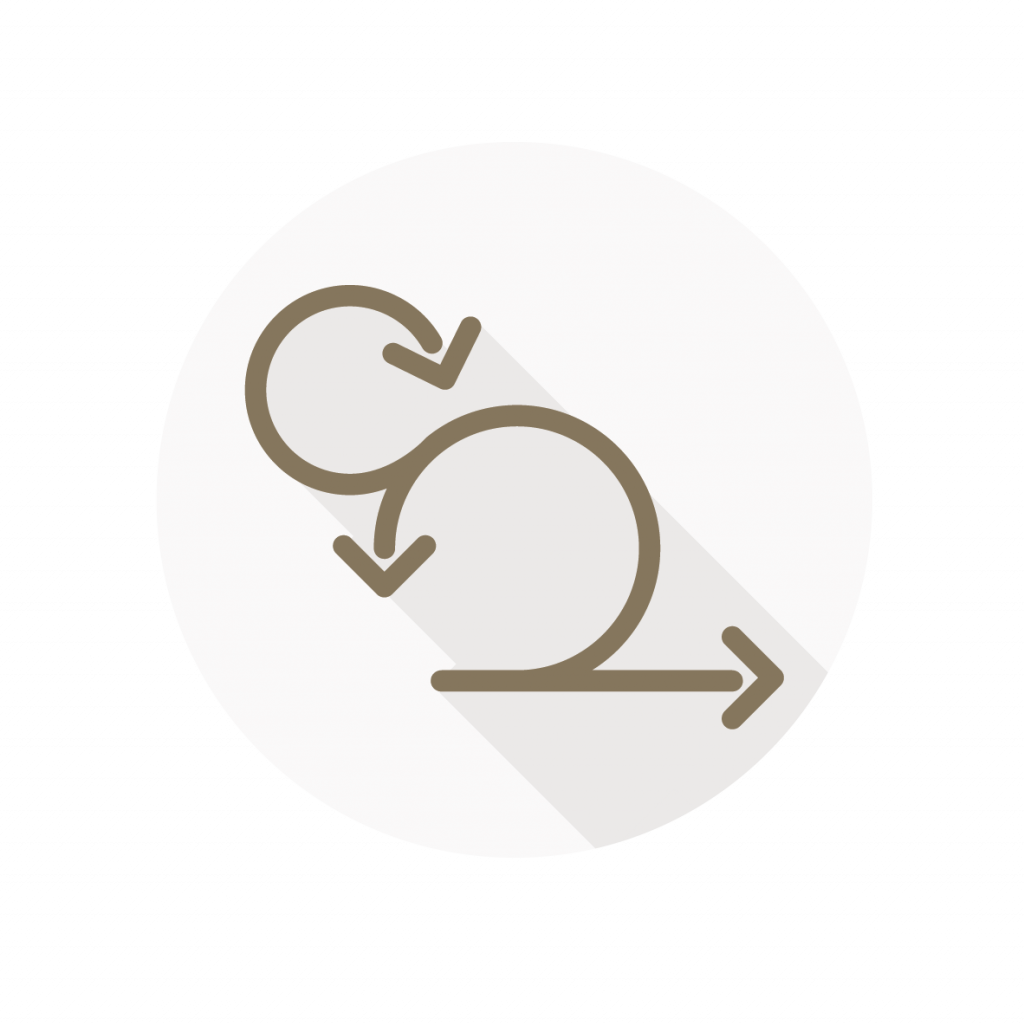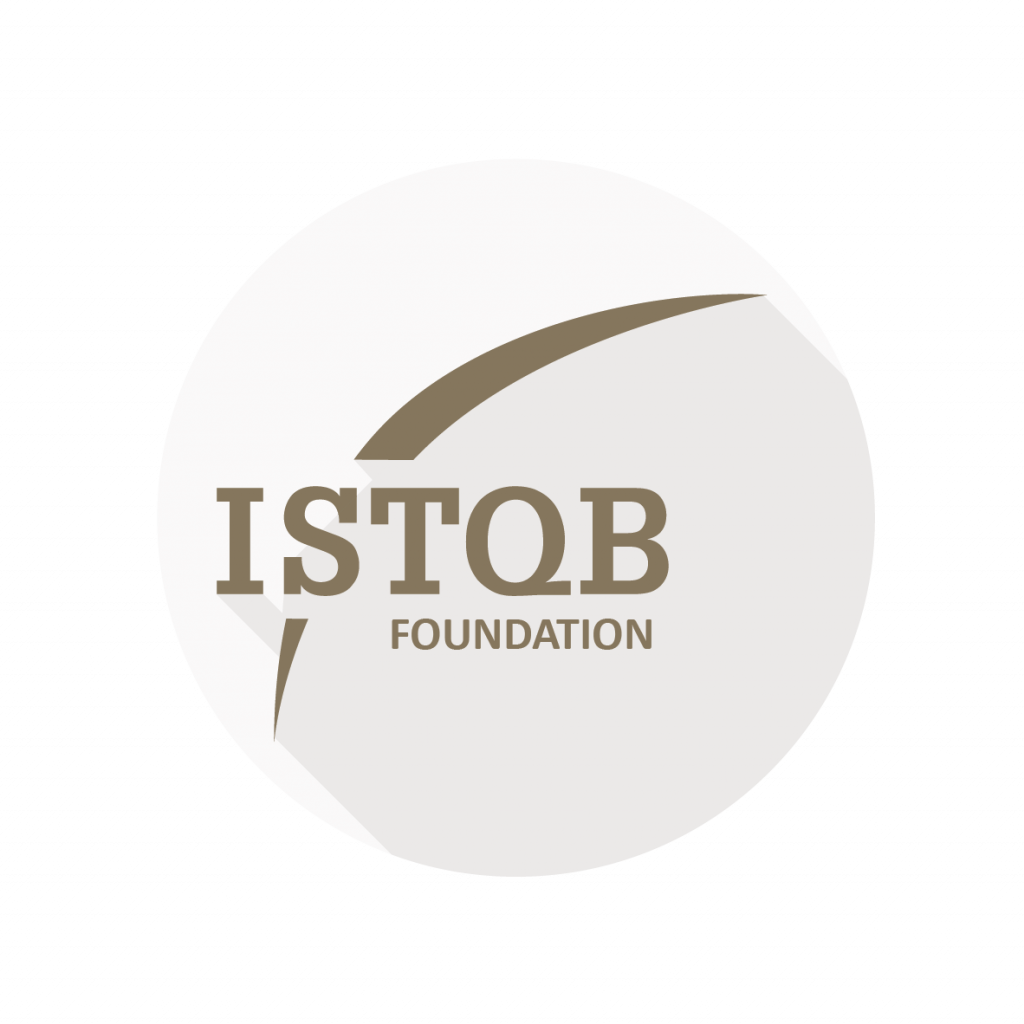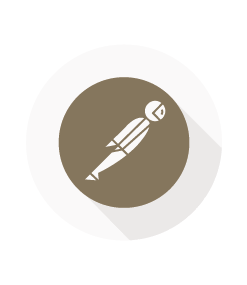ISTQB Advanced Technical Test Analyst
The ISTQB Advanced Level Technical Test Analyst provides a thorough introduction to the technical testing skills which are fundamental in many organizations today. These skills include risk-based testing, white box testing, static and dynamic analysis, non-functional testing, and test automation.
Learning objectives
A candidate who has achieved the Advanced Level Technical Test Analyst certification should be able to:
- Recognize and classify the typical risks associated with the performance, security, reliability, portability and maintainability of software systems
- Provide technical elements to the planning, design and execution of tests for mitigating performance, security, reliability, portability and maintainability risks
- Select and apply appropriate white-box test techniques to ensure that tests provide an adequate level of confidence, based on design coverage
- Effectively participate in reviews with developers and software architects applying knowledge of typical defects in the code and architecture
- Improve the quality characteristics of code and architecture by making use of different analysis techniques
- Outline the costs and benefits to be expected from introducing particular types of test automation
- Select appropriate tools to automate technical testing tasks
- Understand the technical issues and concepts in applying test automation
Target audience
The Advanced Level Technical Test Analyst certification is suitable for anyone who is involved in testing as well as anyone interested in further developing their software testing knowledge. This includes people performing activities such as test analysis, test consulting, and software development.
prerequisites:
You don’t need to have a technical background, but it is expected that you can read and understand pseudocode. You must have passed the ISTQB/ISEB Foundation exam to take the advanced level exam.
Course and Exam format
The first module of the course (3 days) covers the curriculum. The second module consists of a full review day before the exam. Our course is characterized by a high level of individual activity, as all theory is complemented with examples and exercises. Prior to the course, you should expect 20-30 hours of preparation, 10-20 hours between the modules, and 1-2 hours of homework every evening during the course.
Exam format:
The exam is a 2-hour advanced multiple-choice test based on a series of cases. There are approximately 45 questions, and you need to have 65% correct answers to pass.
In-house training
If you are more than 5 people from same organisation, it can be beneficial to consider the course as in-house training. We conduct the course exclusively for your employees, either as standard as described or tailored to your needs.
In-house training offers several benefits. It can lead to financial savings when training more than five people. This approach fosters intensive exchange of experiences and encourages knowledge sharing among employees. Additionally, it helps in building a common understanding of the subject matter among the workforce. Furthermore, in-house training provides the opportunity for unique customization based on a company’s specific methods and processes.


